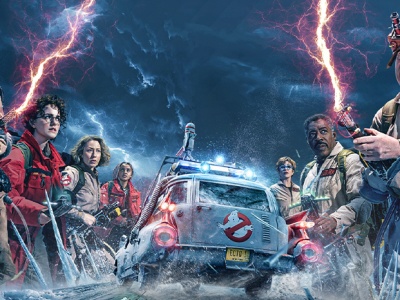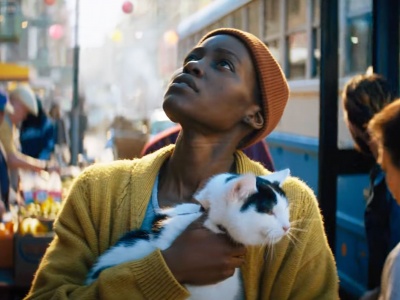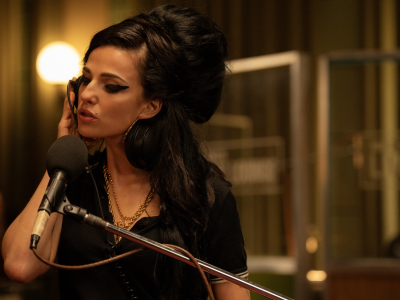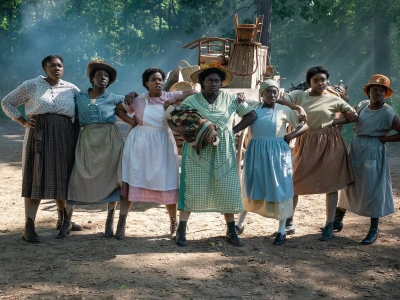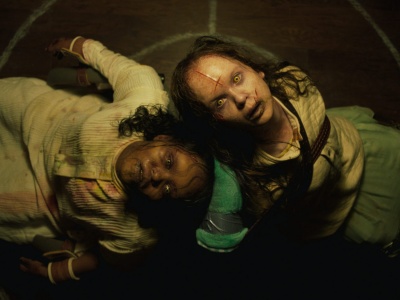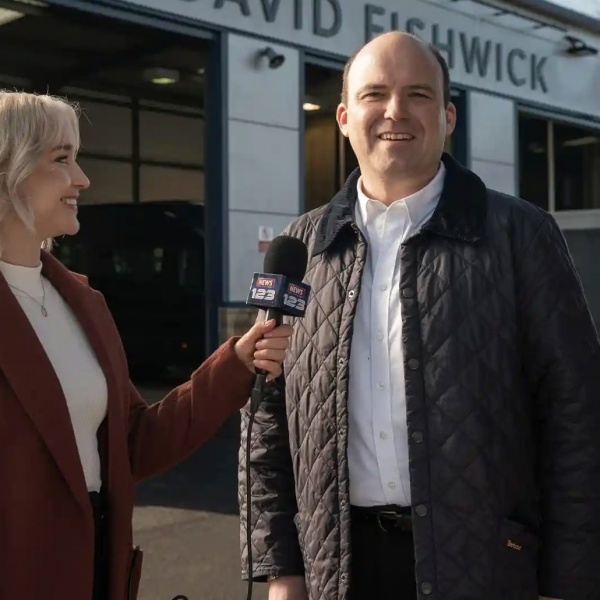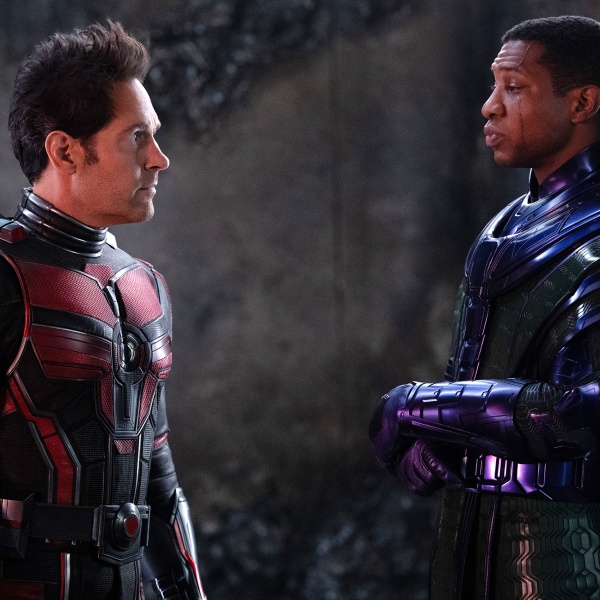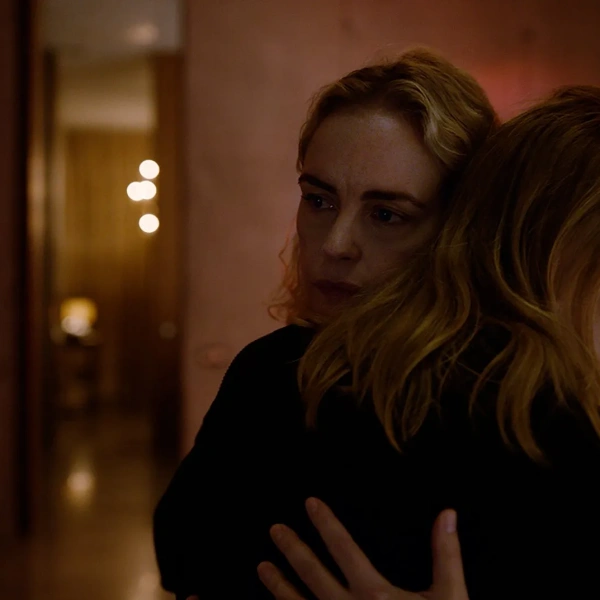The Man From U.N.C.L.E. is a slick period-spy-thriller from the tremendously talented Guy Ritchie, best known for directing the big screen adaptations of Sherlock Holmes with Robert Downey Jr. It’s a reboot of the sixties series of the same name that aired over a hundred episodes and starred Robert Vaughn (The Magnificent Seven) and David McCallum (NCIS) before an abrupt midseason cancellation in 1968. Forty-seven years later the big screen adaptation follows the formation of a tense alliance between the United States and Russia during the Cold War to prevent a faction of Nazis from acquiring nuclear weapons.
The United States agent is Napoleon Solo, a fast-talking criminal coerced into the CIA to avoid a prison sentence for his earlier crimes. He’s played by Henry Cavill – a phenomenally divisive figure as Superman in Man of Steel and Batman V Superman: Dawn of Justice – and there was some worry as to whether he could differentiate himself enough to pass as an U.N.C.L.E. agent. Cavill succeeds by channelling a different icon: James Bond.
Cavill does a fine job – powerful, charming, funny – and at times it feels as though he could be 007 himself. This is down to a lot of things – Cavill auditioned for Bond in 2005 for Casino Royale, Bond creator Ian Fleming consulted on the sixties series – once called Cavill’s character “Bond for television” – and Skyfall is the 12th highest grossing movie of all time, so it’s a proven moneymaking formula.

The other side of the coin is Russian agent Illya Kuryakin, a cold but brilliant brute that fights back bursts of rage during his operation. He’s played to a tee by Armie Hammer – the title character from the less than fantastic Disney film The Lone Ranger and as both the begrudged Winklevoss twins in the compelling Oscar bait The Social Network. In The Man From U.N.C.L.E he’s a chameleon that blends into the story and setting seamlessly to give a truthful performance to a challenging character. American actors with Russian accents have a bad habit of being accidentally hilarious, but Hammer – pardon the pun – nailed it.
Enter the third lead character – German mechanic Gaby Teller, daughter of a reformed Nazi scientist. Teller has a few secrets of her own that keep the film on point at the few times it starts to drag it’s feet. Teller is played by Alicia Vikander, an up and coming actor who has starred in a few average films which received wide releases, most notably Ex Machina, though The Man From U.N.C.L.E should be her breakout role. Vikander has already been announced as part of the next Bourne film – the Matt Damon one, not the Jeremy Renner one.

Together the three deliver a killer script with an ending which leaves the film ripe for a sequel. My prediction is that it will perform well enough to warrant a sequel – especially with Hugh Grant ducking in to anchor two crucial scenes in the style of Bosley from Charlie’s Angels. Here’s hoping it comes out an alternate year to the next Kingsman and Bond installments – there’s currently a lot of British spies at the box office.
Ritchie’s The Man from U.N.C.L.E does offer a point of difference though. It’s a period piece with a strange and interesting direction style including split-screens, subtitles in strange places and an odd soundtrack that sometimes samples classic hits from the Cold War and other times gives off weird sound effects.
It’s a weighty 116 minutes beside Mission: Impossible – Rogue Nation’s comparatively breezy 134 minutes but that’s not necessarily a bad thing. The Man from U.N.C.L.E purposefully reminds the audience that one nuclear weapon in the wrong hands is disastrous. In the end it’s an old fashioned fist fight in the rain and intelligence gathering that lead to the enemy’s downfall – not superpowers or aliens or hackers or some other convoluted villian.
There is only one question left: who was the title character?
Without too many spoilers, U.N.C.L.E. is the name of the organisation that arranged the alliance. So whom, then, is the “Man”. Was it the American? The Russian? The German? Hugh Grant? None seem appropriate, truthfully, though it’s a tiny niggle on a rather good film.
See you for the sequel.

